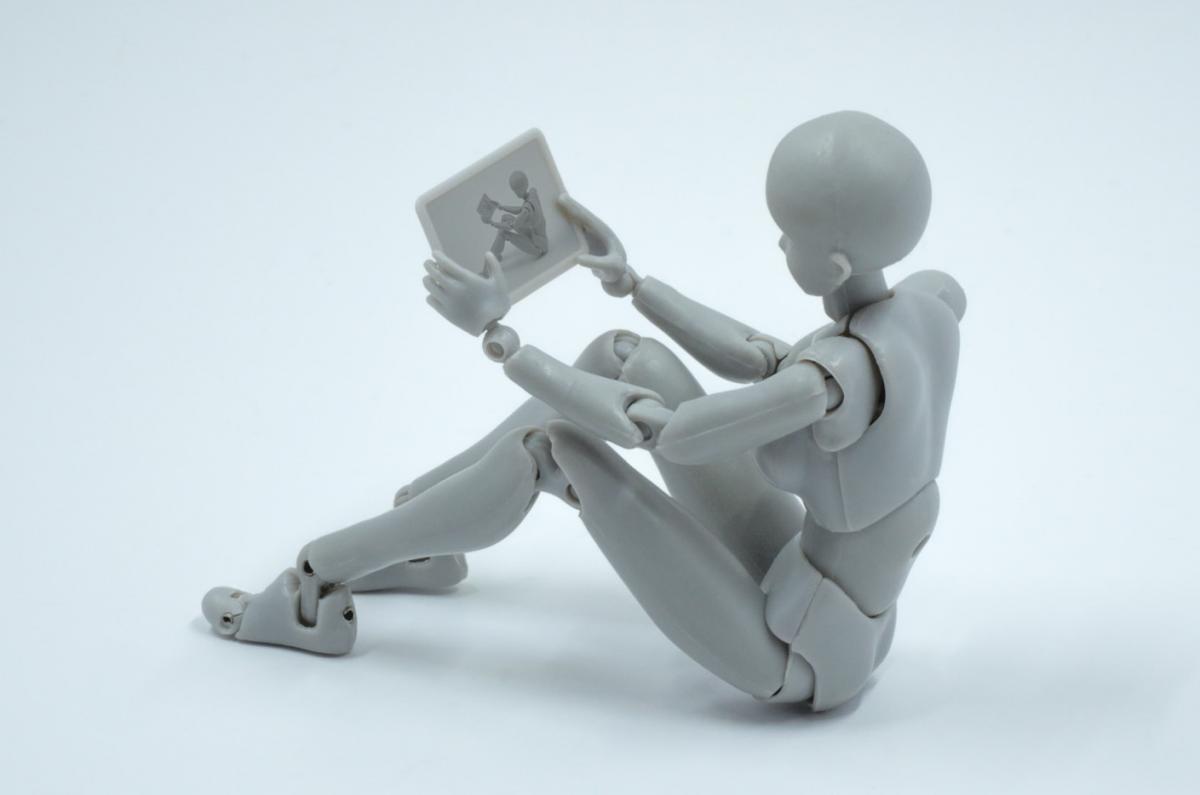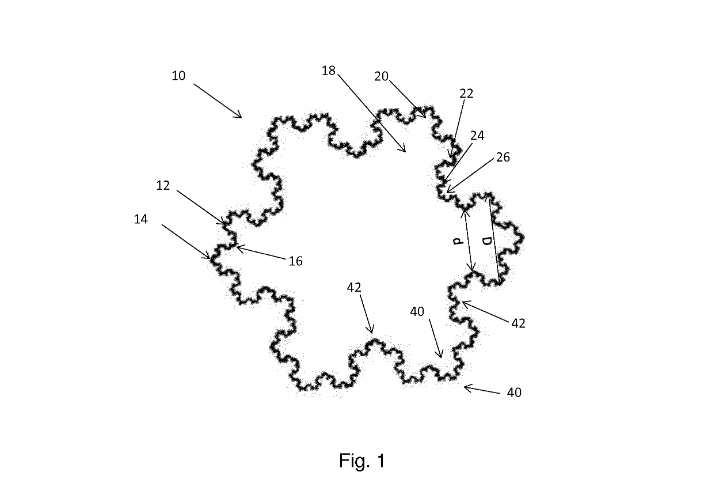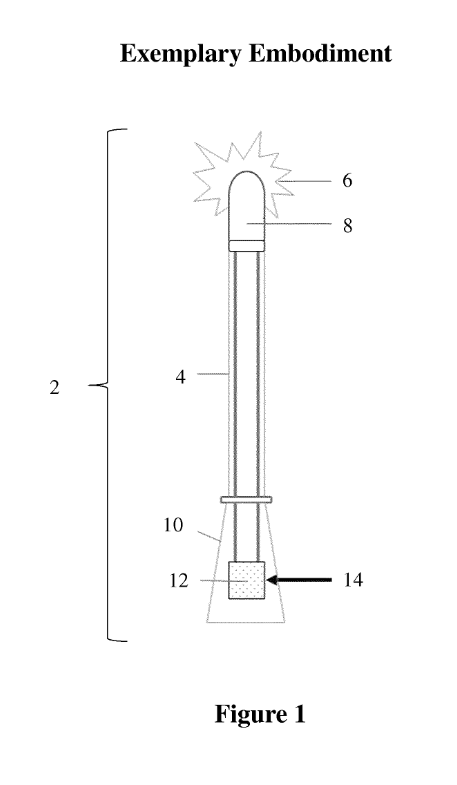Artificial Intelligence and Inventions
Photo by Brett Jordan on Unsplash
On January 27th, 2020, the European Patent Office has published the grounds for its decision, made in December last year, to refuse two patent applications in which a machine was designated as inventor. Both patent applications indicated “DABUS” as inventor, which was described as “a type of connectionist artificial intelligence”. The reason why the patent was refused indicated by EPO is that “The designation of inventor does not meet the requirements laid down in article 81 and rule 19 EPC”.
Article 81 of the EPC states: “The European patent application shall designate the inventor. If the applicant is not the inventor or is not the sole inventor, the designation shall contain a statement indicating the origin of the right to the European patent.” Rule 19 concerns the designation of the inventor. It does not address specifically the possibility of a non-human inventor.
In brief, the inventor designated in a European patent must be a natural person. The understanding of the term “inventor” as referring to a natural person appears to be an internationally applicable standard, and that various national courts have issued decisions to this effect.
| Currently, almost all the members of the EPO (European Patent Office) agree on the fact that the inventor must be a human being, but there are dissenting voices. Great Britain says it can be a legal person; Cyprus and Monaco say that the law does not restrict inventorship to human beings. At present, AI systems could not be considered as inventors according to their national patent laws in US, Japan, Korea, China, UK, Switzerland. All these countries require creative or intelligent conception to be eligible for a patent. In China, at present, the inventor of Chinese patent applications can only be human being, although the Chinese Patent Law does not explicitly reject robots. The Rule 13 of Implementing Regulations of the Patent Law of PRC states that “Inventor” or “Creator” referred to in the Patent Law means any person who makes creative contributions to the substantive features of an invention-creation. |
Also, the inventor should be an individual and not a unit or a collective. And the inventor must use his real name, not a pseudonym or other informal name.
As EPO says, the invention needs an inventor to be patented. The designation of an inventor is mandatory as it bears a series of legal consequences, notably to ensure that the designated inventor is the legitimate one and that he or she can benefit from rights linked to this status. To exercise these rights, the inventor must have a legal personality that AI systems or machines do not enjoy. Furthermore, the inventor is the first owner of a patent, unless the invention was made in the course of employment. In this case, the first owner can be the employer or the employee, depending on jurisdiction. “Since under the present general framework AI system are capable neither of legally owning property, nor of being employed within the legal sense of the term, a patent application designated AI as inventor is likely to be rejected as defective” - a study on inventorship ininventions involving AI activity, by Dr. Noam Shemtov, Feb 2019. DABUS was developed by Dr. Stephen Thaler, who is also the applicant on the patent document. Defending the attribution of the invention to a machine, Thaler contended that the machine itself conceived the idea, and materially contributed to its implementation and development with no form of human intervention. Furthermore, the machine “identified the novelty of its own idea before a natural person did”. Not acknowledging DABUS as an inventor would mislead the public in as to who is the actual devisor of the invention.This is the reason why he filed an appeal, on March 13th, against the EPO decision. |
|
HFG Law&Intellectual Property


 European Patent Register, EP3563896 - Devices and methods for attracting enhanced attention,
European Patent Register, EP3563896 - Devices and methods for attracting enhanced attention, 

